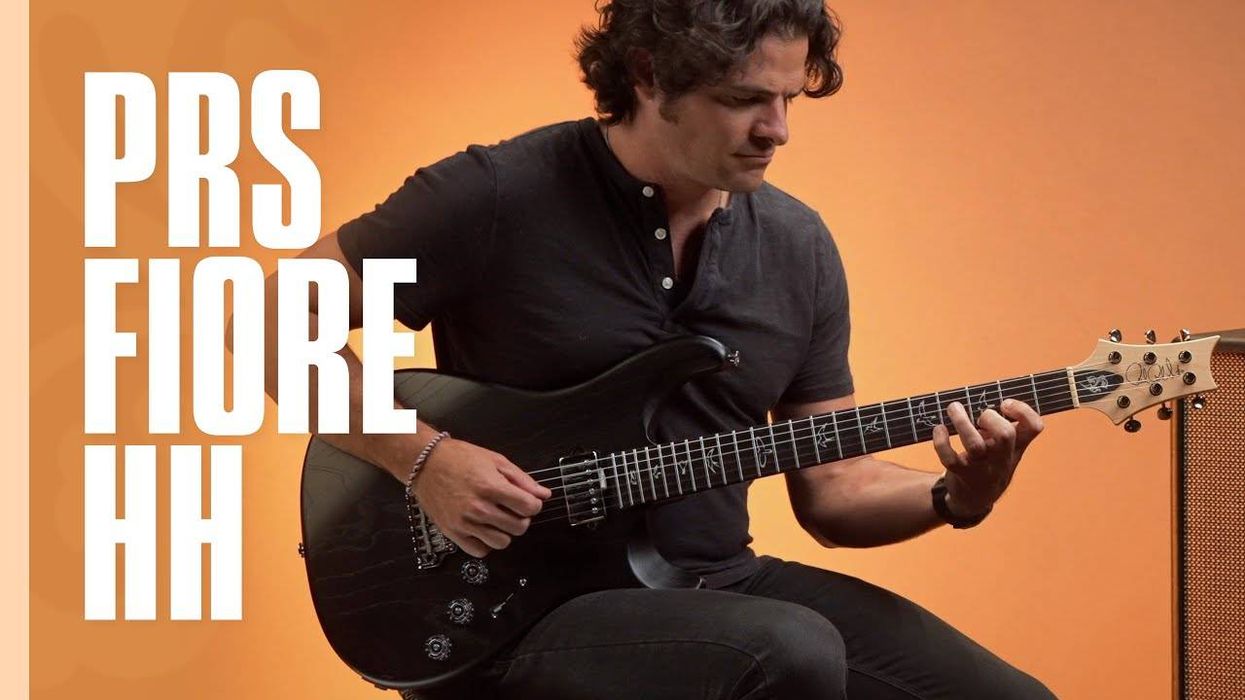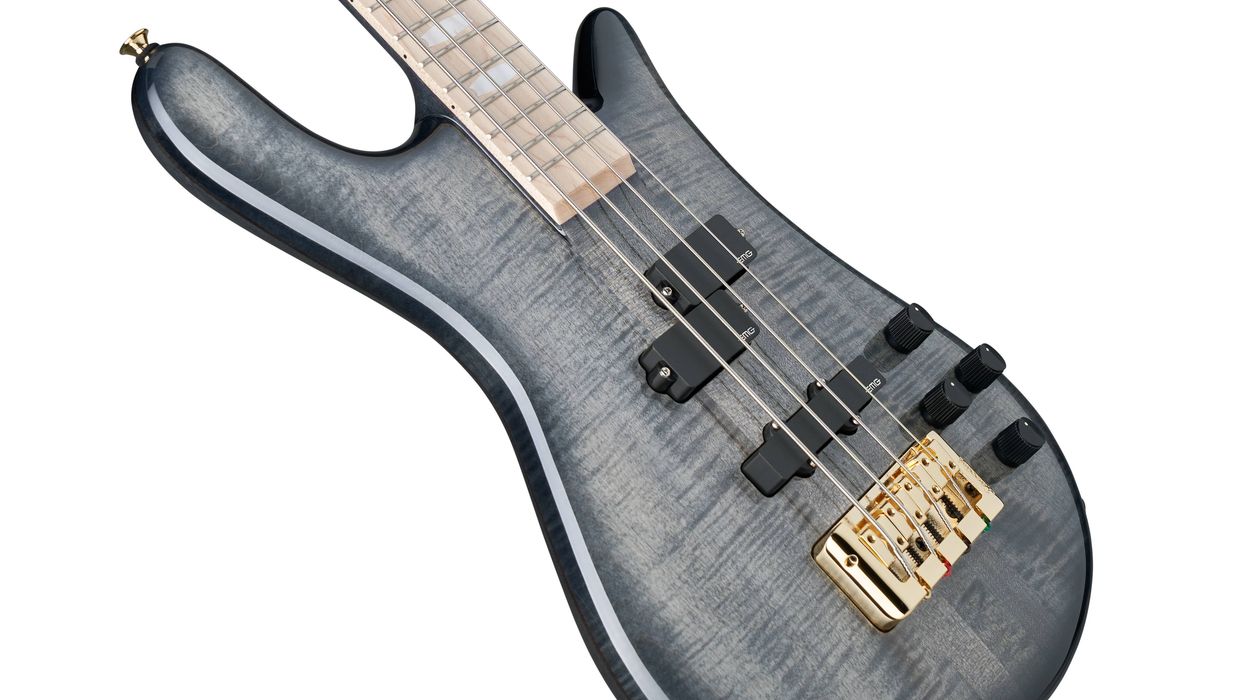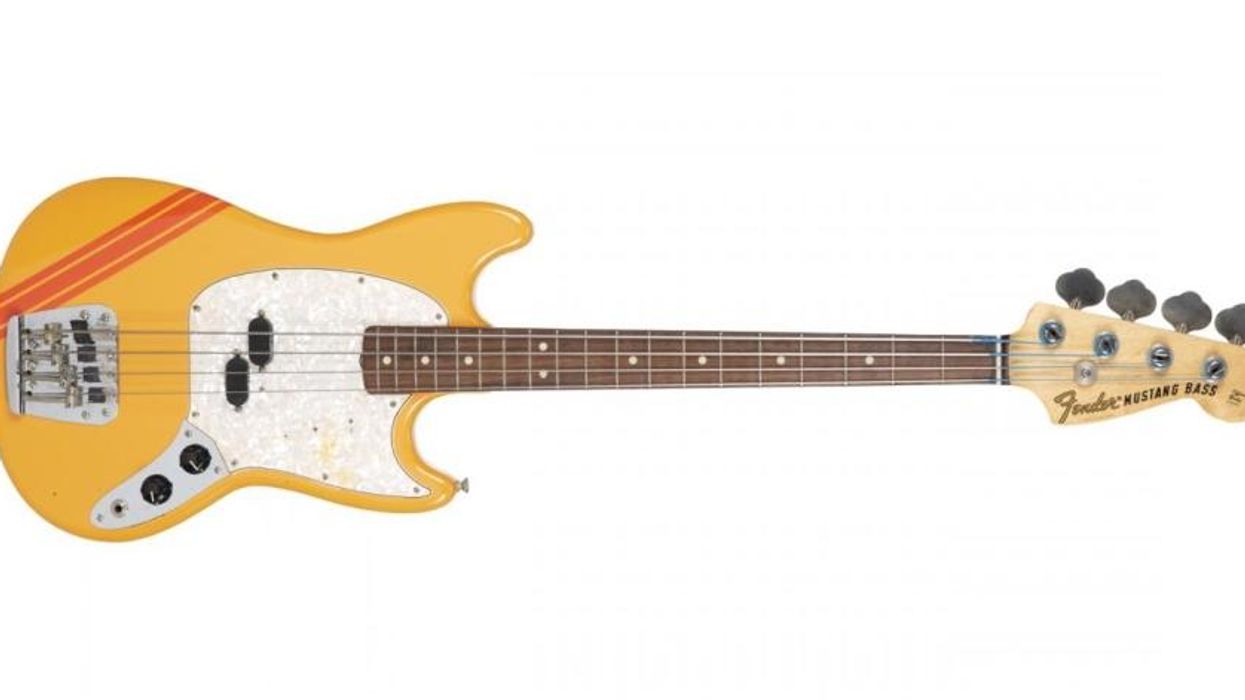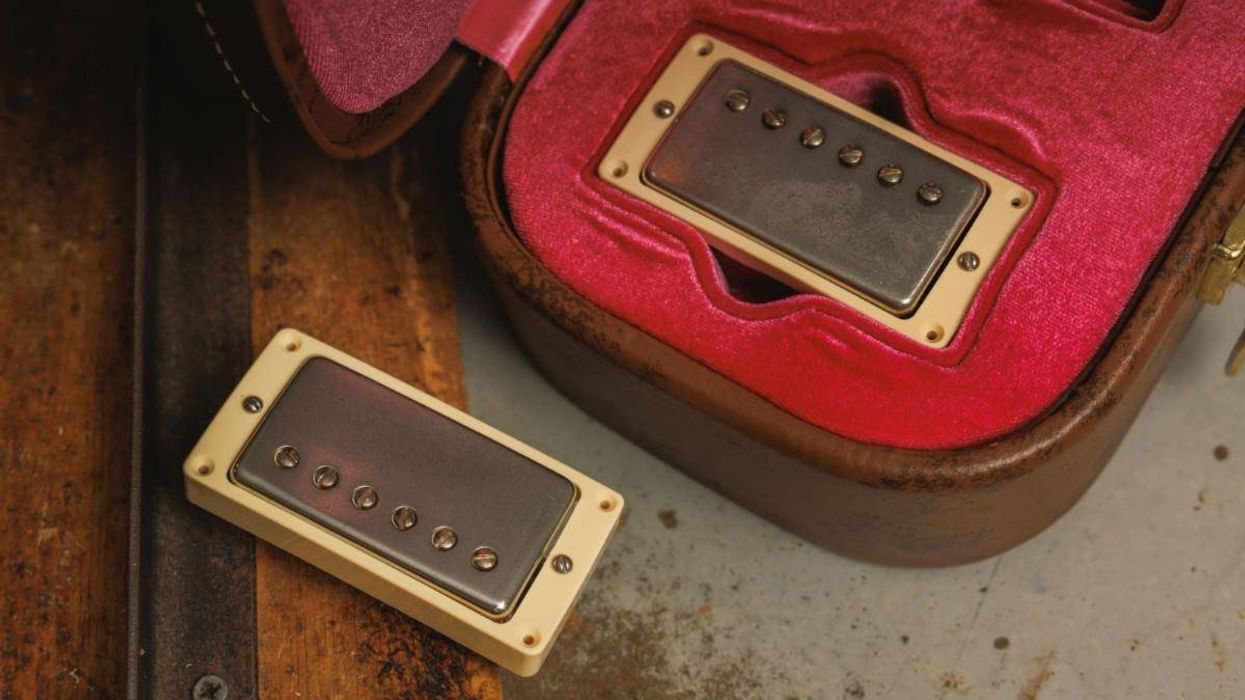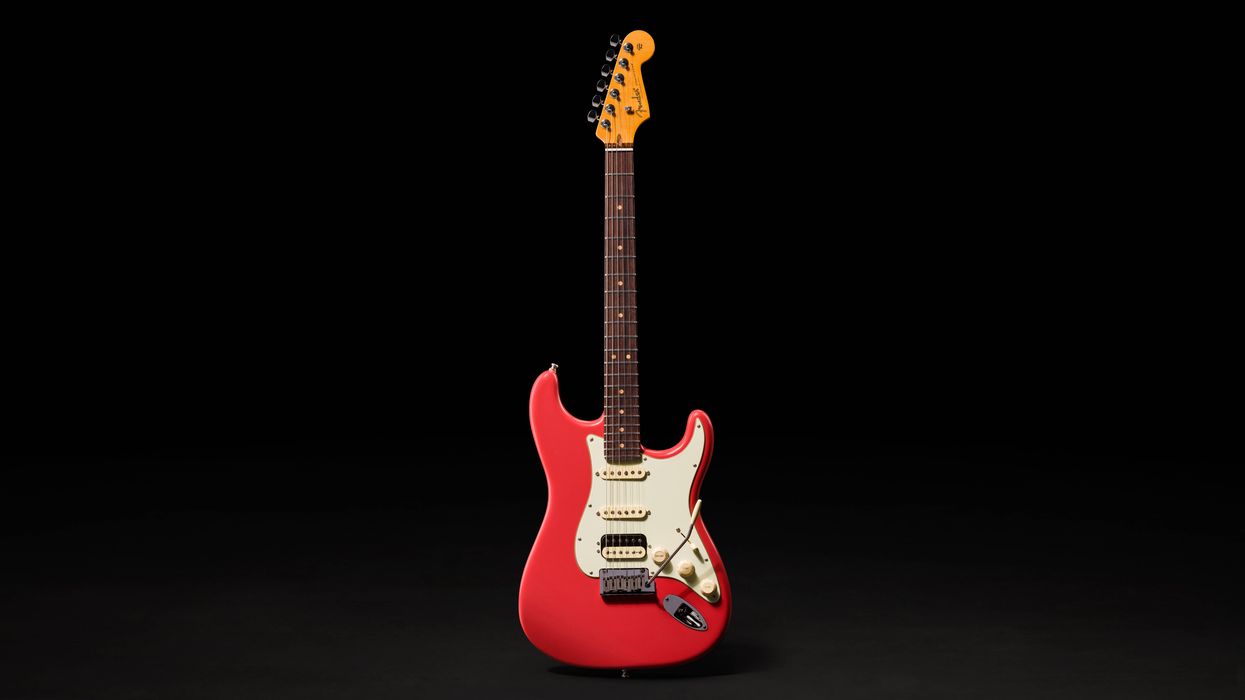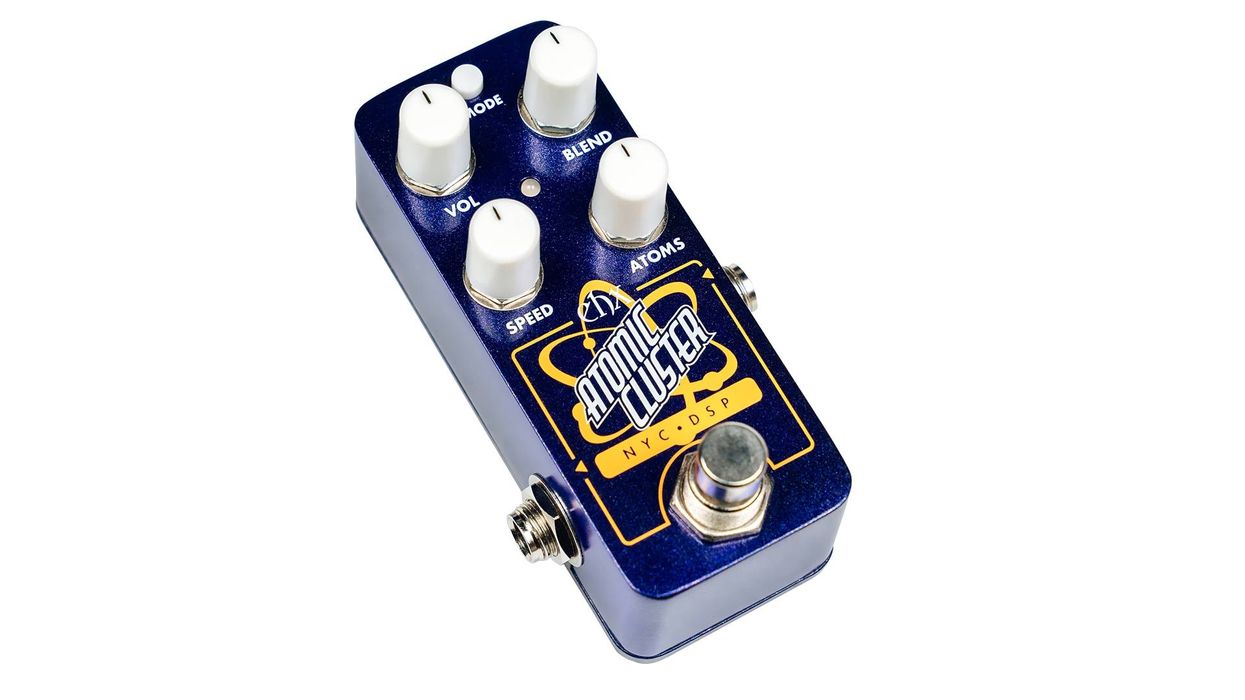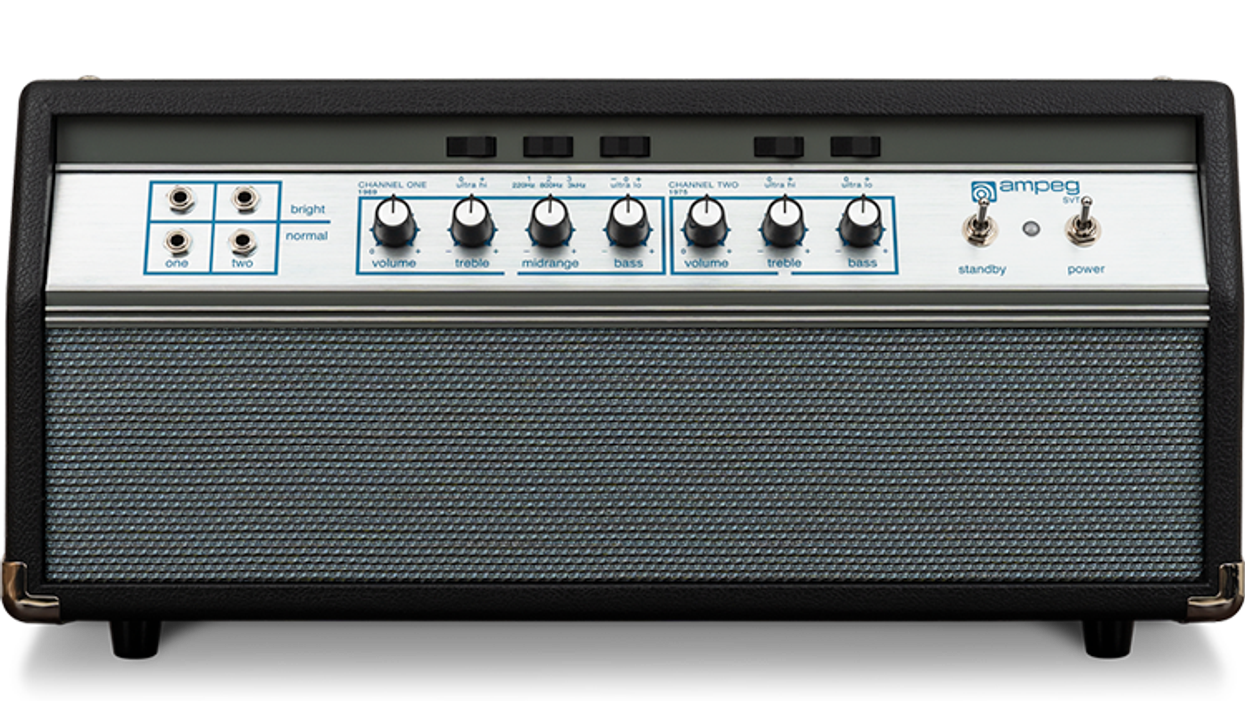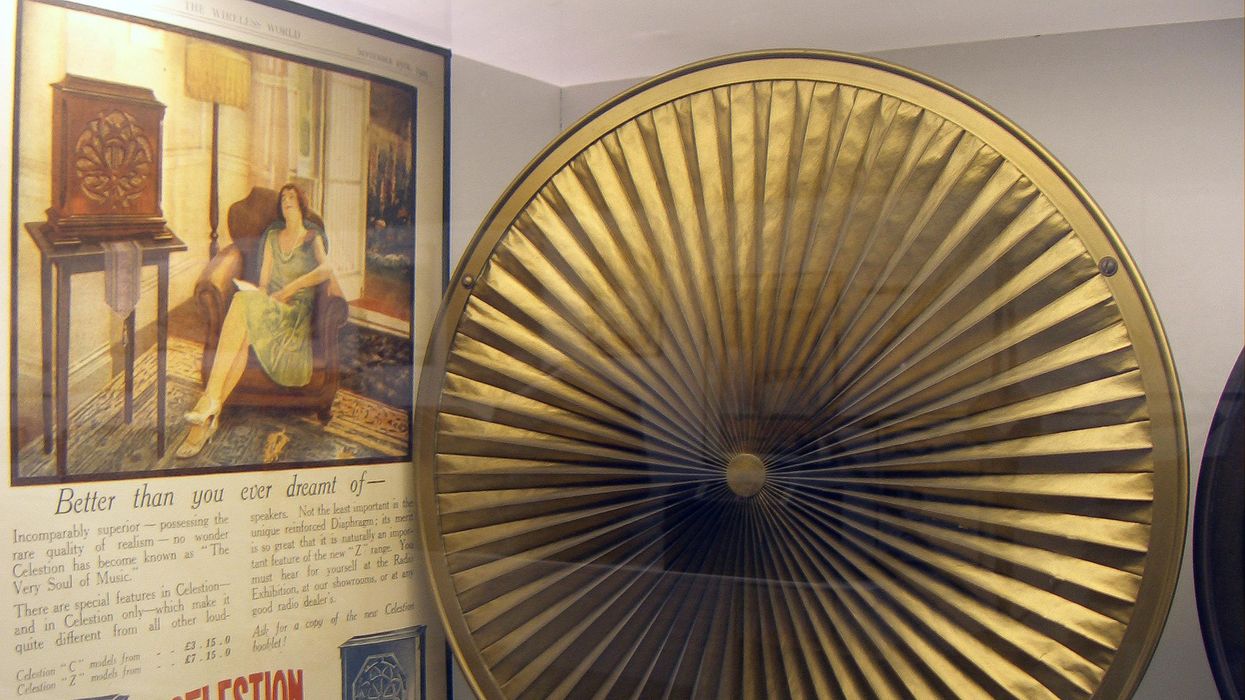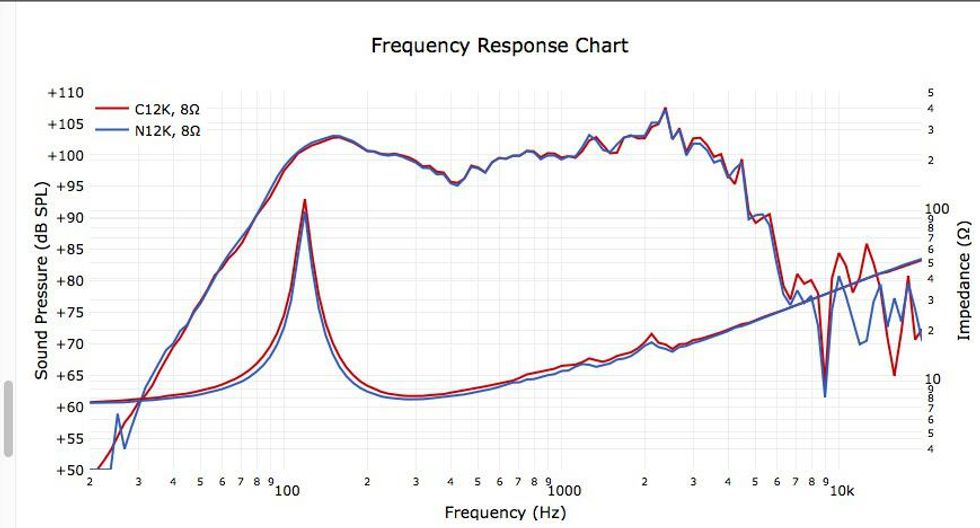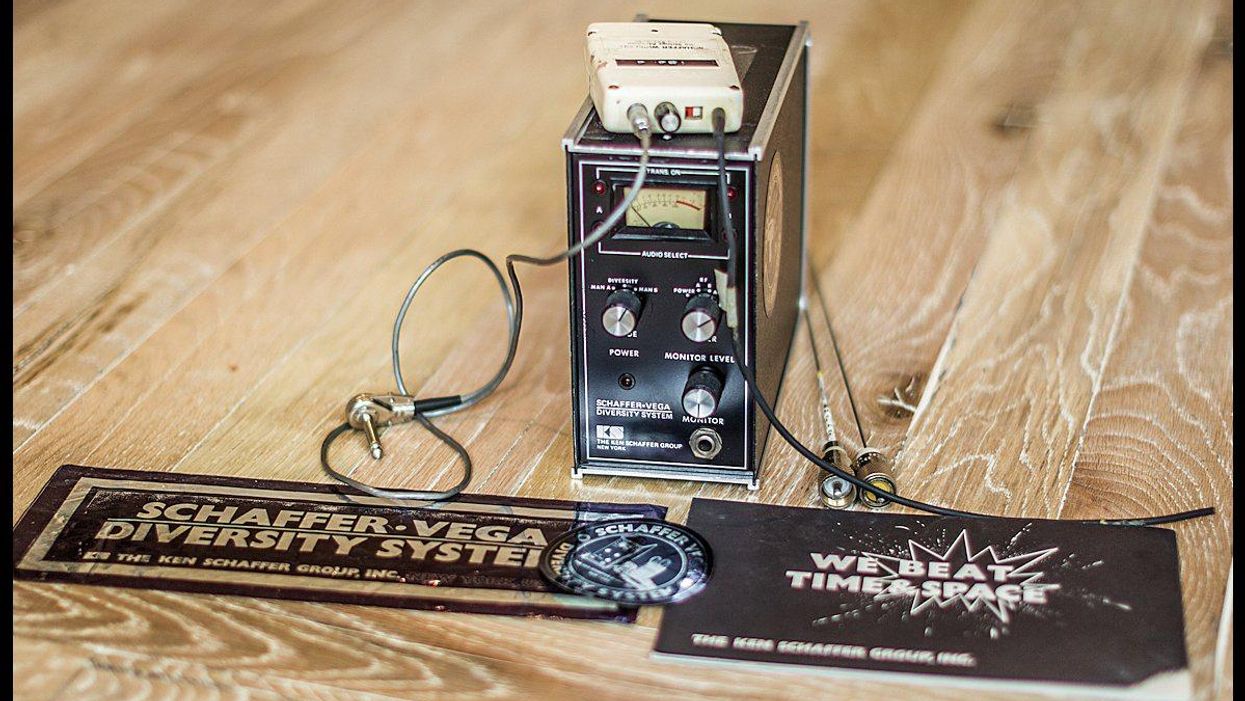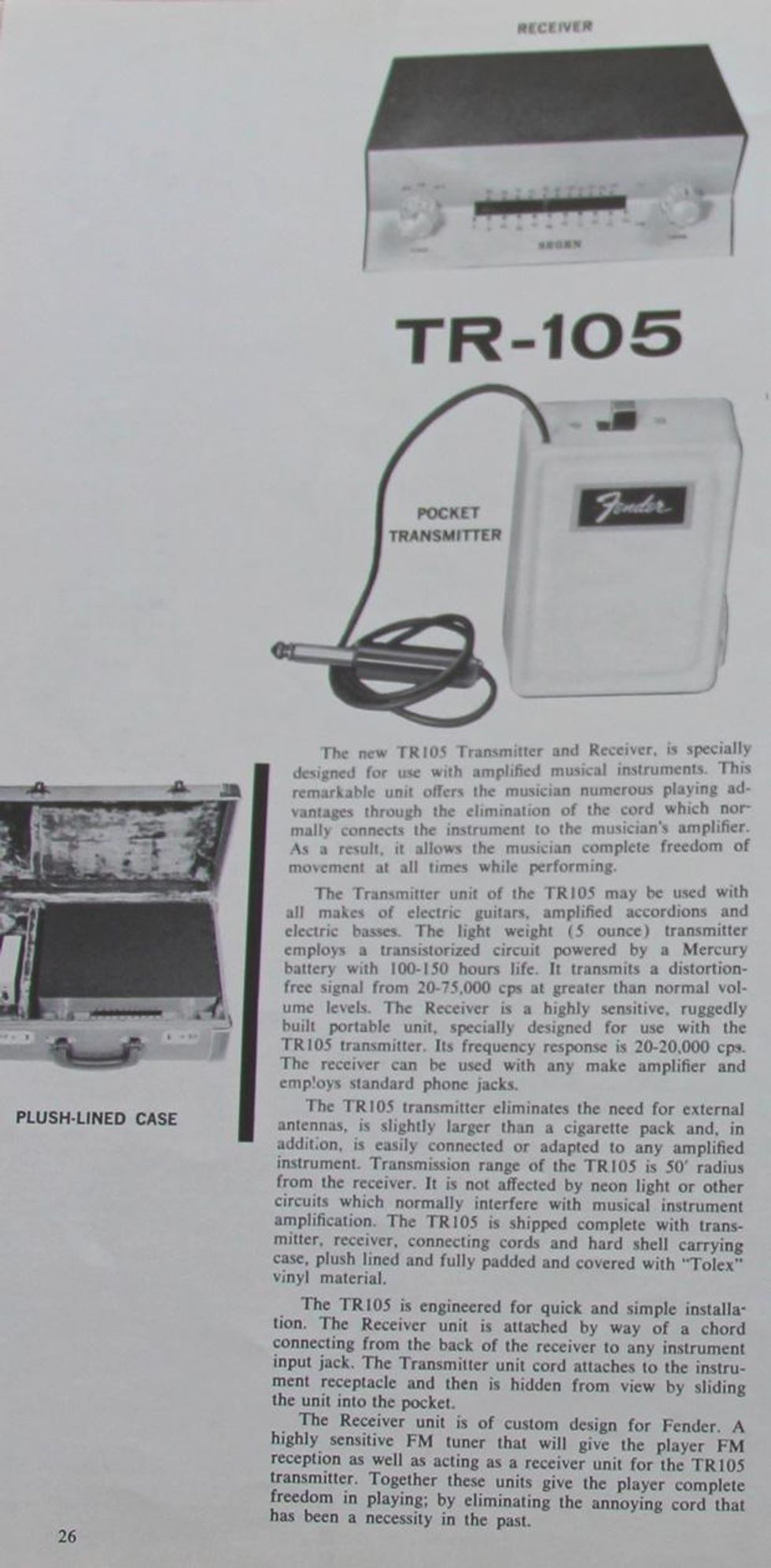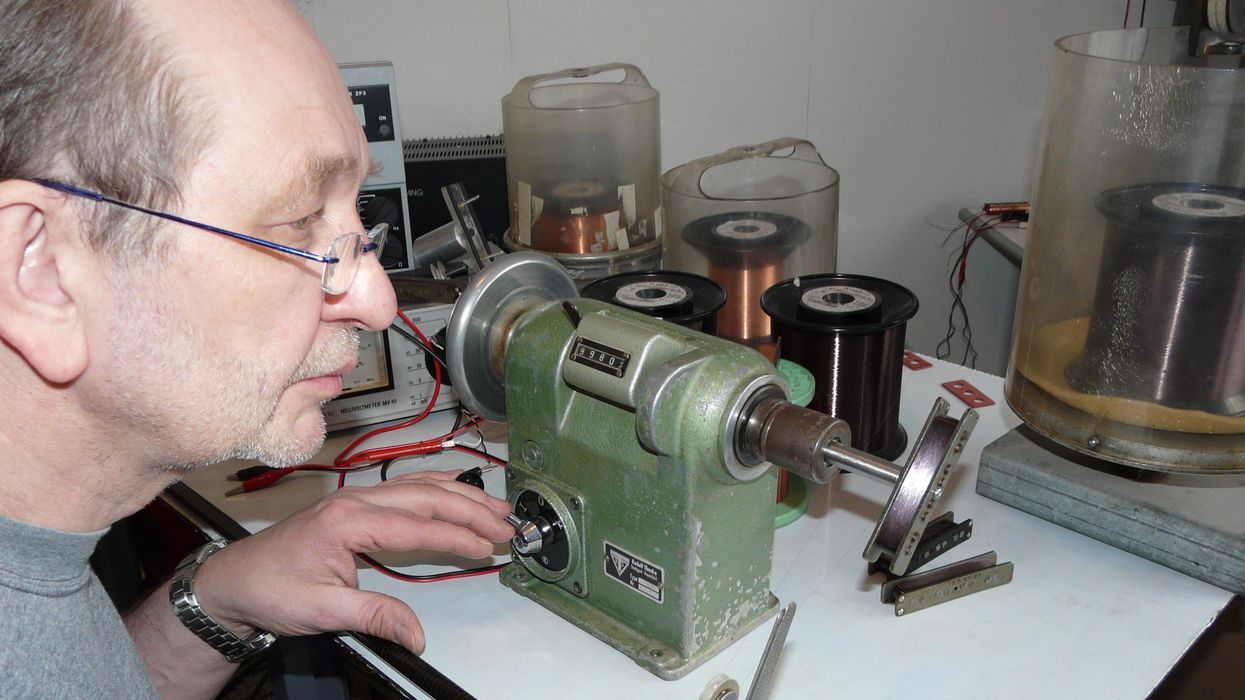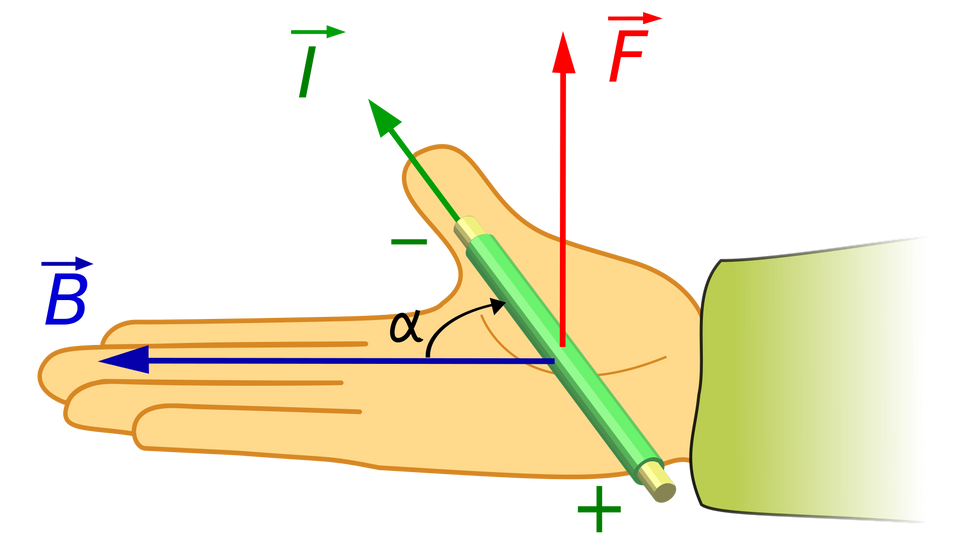As bassists, we know our low end offers something special, something the upper registers can’t compete with. Which leads me to wonder: In the music of nearly all cultures, why is it that rhythmic perception is delivered by low-pitched instruments? There seems to be something in our DNA, auditory cortex, or perhaps somewhere else in our brain that automatically connects timing to the lower register.
Several recent studies by psychologists and neuroscientists might not only help us regain some self-esteem that gets lost when we observe our colleagues soloing away on guitar, sax, and other higher-pitched instruments, but could also explain timing problems we face in acoustically difficult environments. Using electroencephalography (EEG), which involves placing a set of electrical sensors on the scalp, these researchers measured the brain signals of people listening to high- and low-pitched rhythmic or periodic notes. Occasionally, the researchers shifted one of these sounds in time by about 50 ms, and then looked for signs in the EEG recordings to determine whether any listeners had noticed.
The subjects did notice, and the characteristic indication of those “WTF” moments was much larger when the time deviation occurred within the lower register. When researchers tested the listeners’ ability to adjust their finger tapping to deviations in note timing, once again, the subjects’ performance was significantly better for the lower tones.
How does this affect us as bassists? Can we conclude that to play in time, we must be able to clearly hear our lower register? Surely, it’s safe to say we feel more secure performing when we hear the fundamentals. Similarly, we face a real challenge when we lay down a groove in the bottom register and then try to replicate it one or two octaves higher. Yikes—what happened to the pocket?
The low end has another unique quality: We perceive our bass not only with our ears, but with our body—even at modest volumes. We feel the music through our fingertips, lips, hands, and soles of our feet. All it takes is stepping onstage with an in-ear system or tracking directly into a mixing console to suddenly realize how deeply you miss the intense sensation of this wholistic experience.
The good news, at least in this context, is that we can easily trick our brain into experiencing things it expects. This is due to a phenomenon called residue perception, which describes the ability of our auditory system to extrapolate things that aren’t there. Let’s say we hear a song through tinny-sounding radio speakers that aren’t able to reproduce any of the fundamentals. By only hearing the upper harmonic content, our brain fills in those missing fundamentals—the residue.
Beyond in-ear monitoring, there are other situations where you can’t simply crank up the bass and feel the fundamental. One way around this is to use a bass board, aka shaker board. Imagine standing on a solid plate that’s coupled to a subwoofer, which in turn is supported, by way of a suspension system, to a solid base. Instead of having a membrane, the speaker drives the upper plate and directly feeds the low end into your body.
Initially, a bass board may sound like a luxury item, but using the residue perception effect of our auditory system, these devices are able to give the realistic impression of very high gain. If the decoupling of the plates via the suspension is done well, you can use a bass board for practicing at home, as well as when recording directly into a mixer.
Standing in one fixed place onstage might appear to be a disadvantage, but often you don’t need to stay there for the whole show. Rather, you just step on the bass board whenever you need some reassurance of how huge you’re sounding to the audience.



